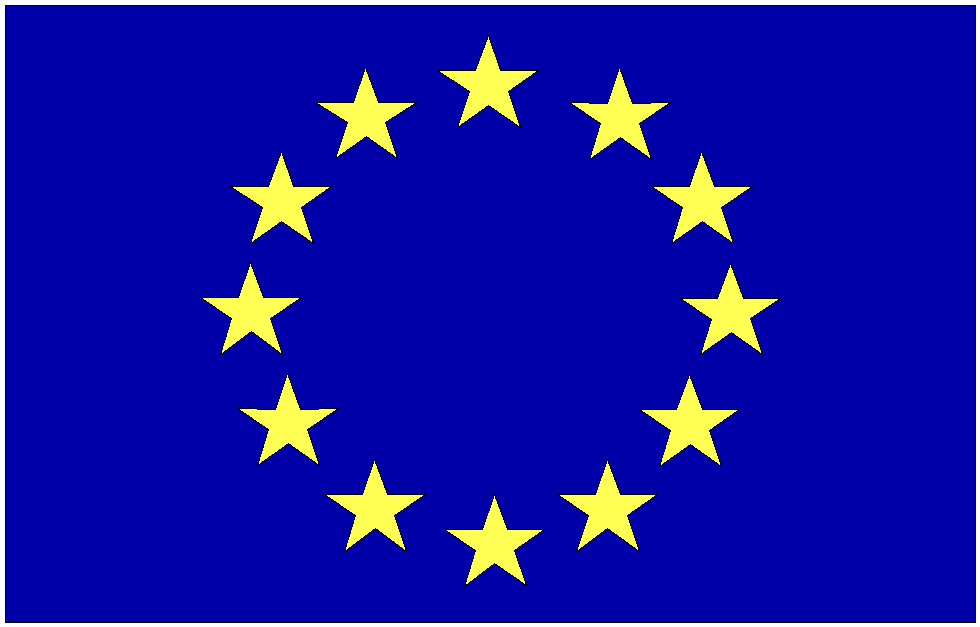EU demands end to Ukraine-Russia row as gas flow slows
 Moscow/Kiev/Prague - Russian natural gas deliveries fell in downstream markets on Saturday, drawing a sharp European Union demand that the Kremlin and Ukraine end a row over energy.
Moscow/Kiev/Prague - Russian natural gas deliveries fell in downstream markets on Saturday, drawing a sharp European Union demand that the Kremlin and Ukraine end a row over energy.
The volumes of Russian natural gas pumped via Ukrainian pipelines to Romania, Hungary, Poland and Slovakia were all were reportedly down, with Romania registering a 33 per cent cut in deliveries.
Russia on Thursday halted natural gas deliveries to Ukraine because of a delivery contract dispute. Fuel volumes moving onward to Europe fell marginally on Friday, but by Saturday pressure drops throughout the East European gas pipeline had become marked.
Gas volumes were down 10 per cent to Poland, according to energy officials in Warsaw, and Slovakia noted a drop as well, according to statements from energy officials in the countries.
But the precise reduction was conflicted throughout the region, with Hungarian officials telling Deutsche Presse-Agentur dpa pressure in lines was "down slightly", while deliveries in general were proceeding as normal.
Romania's two energy companies were split on the state of gas supplies from Ukraine, with the gas shipper Transgas saying deliveries had fallen, and Romgas saying supplies were normal. Adriean Videanu, Romania's Energy Minister, told a Bucharest press conference the country currently had "no problem" with energy imports.
The supply reductions came amid forecasts of falling temperatures across eastern and central Europe, with some regions expected to see temperatures as low as 20 degrees below zero centigrade.
Slovakia relies on Russia for all of its gas needs, while Hungary gets 65 per cent and Poland 46 per cent of its gas from Russia, according to figures from the International Energy Agency in Paris.
The shortfalls drew a sharp demand from the European Union that Russia and the Ukraine resolve their row over gas deliveries and stop jeopardizing supplies to the bloc.
The EU statement called "for an urgent solution to the commercial dispute on gas supplies from the Russian Federation to Ukraine, and for an immediate resumption of full deliveries of gas to the EU member states."
The statement was released Friday evening by the Czech Republic, which holds the bloc's rotating presidency.
The EU initially tried to stay out of the dispute, calling it a "commercial matter between two non-EU companies." But the fall in supplies and impending severe cold weather forced its hand.
"Energy relations between the EU and its neighbours should be based on reliability and predictability. Existing commitments to supply and transit have to be honoured under all circumstances," the statement said.
"The EU regrets the fact that assurances of the reliability of energy supply have not been met and will continue to monitor the situation closely," the EU said.
Aleksandr Medvedev, vice chairman of the Russian natural gas monopolist Gazprom, on a trip through Europe to drum up support for the Kremlin's position, met in Prague with Czech Republic Vice Minister Alexandr Vondra.
Medvedev was planning also to visit Paris, London, Berlin, Vienna, and Brussels, according to Russian media reports.
He accused Ukraine of stealing some 14 million dollars' worth of Russian gas since Friday, and called on the EU to place sanctions on Ukraine for violating European energy treaties.
But Ukrainian officials claimed Ukraine actually was adding gas from its own reserves to augment flow destined for Europe, and warned that only two weeks remained before Kiev might be obliged to divert Russian-owned gas to Ukrainian consumers, and to maintain pressure in pipelines.
"If we do not receive gas in sufficient volumes in 10 days, we already be facing a dangerous situation," said Bohdan Sokolovsky, a spokesman for Ukrainian President Viktor Yushchenko, according to a Korrespondent magazine report. "We (Ukraine) will take what steps that are necessary to preserve the safety of the system."
Russia and Ukraine broke off talks on Wednesday, blaming each other for the failure in negotiations. Both Kiev and the Kremlin declared they were willing to restart discussions, provided their opponent makes the first move.
Each side has been keen to paint the other as the criminal in the dispute, launching diplomatic missions to the EU for that purpose.
However, the EU is reluctant to become involved in the conflict, saying only that deliveries to its members must continue.
An almost identical Russo-Ukrainian energy row in 2006 produced unexpected gas shortages across western Europe. However, since then, the EU has invested heavily in gas storage and diversification, leading experts to say that the shock of three years ago is unlikely to be repeated. (dpa)